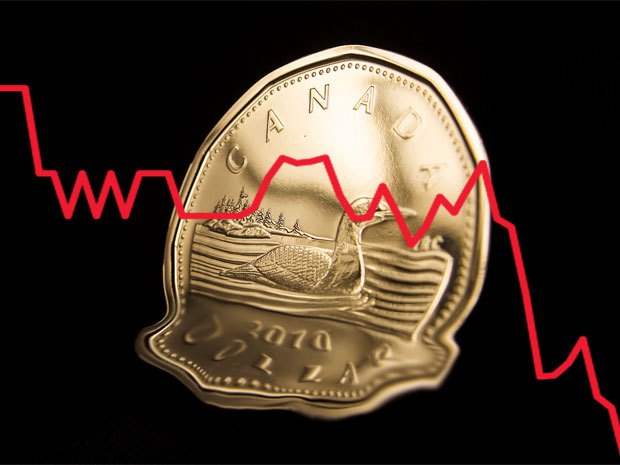
OPEC comments that oil could reach $20 U.S. per barrel in 2016 drove the Canadian dollar to an 11-year low overnight ($1.3435). The scary factor is that these comments came out in the context of calling for stability in the oil market. The U.S. dollar has retraced some ground to break back below $1.34 Canadian in early morning trading. On top of this downward pressure, investors are observing general greenback strength heading into the week of U.S. Thanksgiving.
A key driver was FOMC Member John Williams’ expressing belief there is a strong case for a rate hike in December if data continues to hold up. The U.S. data for the week will be compressed into the first three days with Preliminary gross domestic product and consumer confidence on Tuesday followed by durable goods on Wednesday. Canadian data is very light, leaving us susceptible to the downward pressure in commodities and the larger currency flows.
Experts expect a range today of $1.3331 to $1.3415 Canadian
The euro is strong from last week’s close. Manufacturing and services Purchasing Managers Index data was released today for the euro-zone including France and Germany, which most printed better than expected. The euro was just shy of breaking a weekly high as it topped out at $1.428 Canadian. Tomorrow, investors will observe German IFO business climate data. The euro is currently trading at 1.4236.
Observers expect a range today of $1.4167 to $1.4261 Canadian
The pound is down from last week’s close at $2.0256 Canadian. No event risk today leaving the sterling to trade on broader movements. Main event this week will come tomorrow when Bank of England Governor Mark Carney will present the inflation report this morning. This event risk will be interesting to the market because the recent fundamentals that release were sluggish.
Both the Australian and New Zealand dollars halted their uptrend from last week as a renewed selloff across commodities and boarder U.S. dollar strength dragged the two currencies lower to start the week. Looking ahead on the data front, main domestic event risk will be Tuesday’s Reserve Bank of Australia speech, Wednesday’s Australian private expenditure figure and New Zealand trade balance.


 South Asian News E-Paper
South Asian News E-Paper Punjabi News E-Paper
Punjabi News E-Paper

















